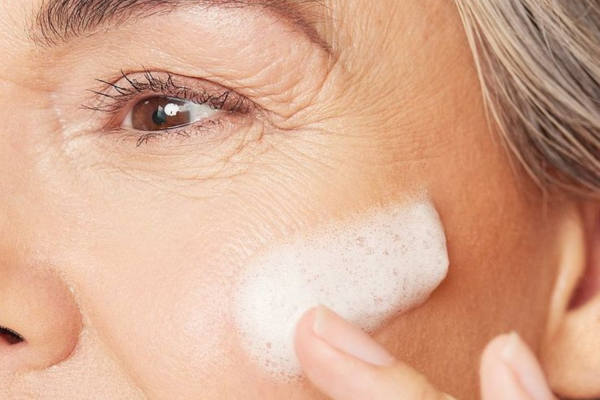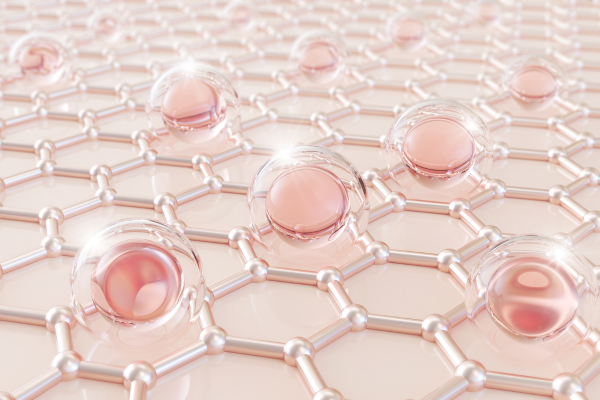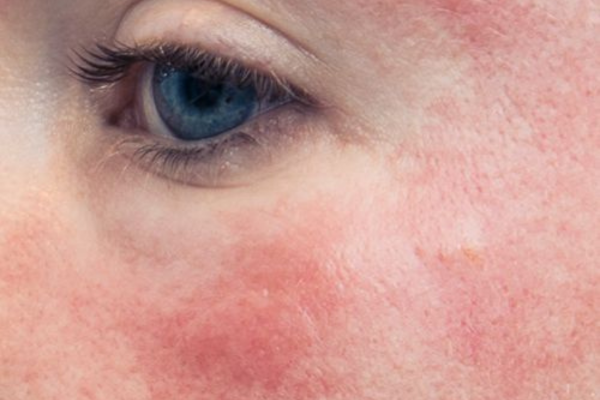Ein jugendliches Aussehen ist für viele Menschen von großer Bedeutung, und eine durchdachte Anti-Aging-Hautpflege kann helfen, die Zeichen der Zeit zu mildern. Hier sind bewährte Strategien und Tipps, die Ihre Hautpflege-Routine bereichern und Ihre Haut jugendlich und strahlend erhalten.
Antioxidantien nutzen: Antioxidantien sind entscheidend im Kampf gegen vorzeitige Hautalterung, da sie die Haut vor freien Radikalen schützen, die durch Umweltfaktoren wie Verschmutzung und Sonneneinstrahlung verursacht werden. Produkte, die reich an Antioxidantien wie Vitamin C, Vitamin E und grüner Tee-Extrakt sind, können helfen, die Haut zu schützen und altersbedingte Hautschäden zu mindern.
Retinol als Anti-Aging-Allrounder: Retinol, eine Form von Vitamin A, ist ein kraftvolles Anti-Aging-Mittel. Es fördert die Zellerneuerung, erhöht die Kollagenproduktion und mindert feine Linien und Falten. Die regelmäßige Anwendung von Retinol kann sichtbare Ergebnisse erzielen. Starten Sie mit niedrigeren Konzentrationen, um Hautreizungen zu vermeiden, und stimmen Sie die Anwendung mit einem Dermatologen ab, um die optimale Stärke für Ihre Haut zu bestimmen.
Hyaluronsäure für intensive Feuchtigkeit: Hyaluronsäure ist ein effektiver Feuchtigkeitsspender, der die Haut aufpolstert und ihre Elastizität verbessert. Da die natürliche Hyaluronsäureproduktion mit zunehmendem Alter abnimmt, ist die Anwendung von Produkten, die diesen Wirkstoff enthalten, besonders wichtig. Durch eine intensive Hydratisierung können feine Linien sichtbar reduziert werden.
Gesichtsmassagen für Durchblutung und Straffheit: Gesichtsmassagen sind eine einfache Methode, um die Durchblutung zu fördern und die Haut zu straffen. Eine sanfte Massage mit den Fingerspitzen oder speziellen Tools kann helfen, die Elastizität zu verbessern und die Aufnahme von Pflegeprodukten zu optimieren. Massieren Sie Ihr Gesicht mit aufwärts gerichteten Bewegungen, um die besten Ergebnisse zu erzielen.
Fazit: Eine wirksame Anti-Aging-Hautpflege hilft, die Jugendlichkeit der Haut zu bewahren und die Zeichen der Zeit zu mildern. Antioxidantien, Retinol, Hyaluronsäure und Gesichtsmassagen sind wertvolle Elemente einer erfolgreichen Routine. Ergänzen Sie diese Strategien durch einen gesunden Lebensstil, ausreichend Schlaf und eine ausgewogene Ernährung, um die besten Ergebnisse zu erzielen.
Quellen:
-
Farris, P. K. (2005). Topical Vitamin C: A Useful Agent for Treating Photoaging and Other Dermatologic Conditions. Dermatologic Surgery, 31(7 Pt 2), 814-818.
-
Mukherjee, S., et al. (2006). Retinoids in the Treatment of Skin Aging: An Overview of Clinical Efficacy and Safety. Clinical Interventions in Aging, 1(4), 327-348.
-
Papakonstantinou, E., et al. (2012). Hyaluronic Acid: A Key Molecule in Skin Aging. Dermato-Endocrinology, 4(3), 253-258.
-
Alam, M., & Dover, J. S. (2006). On the Benefits of Facial Massage. Archives of Dermatology, 142(9), 1154-1155.



